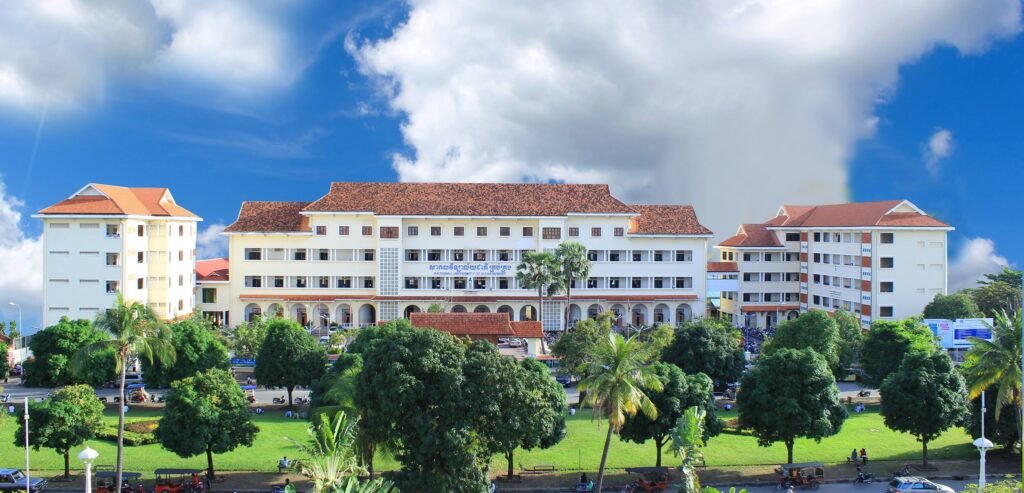It was in 2016 when World Economic Forum (WEF) Founder and Executive Chairman Klaus Schwab popularized the term “Fourth Industrial Revolution.” Nearly a decade later, governments and businesses worldwide have transformed their mindsets and growth models as connectivity between technology and humans grows tighter.
According to the WEF, the Fourth Industrial Revolution or 4IR, is essentially characterized as “a range of new technologies that are fusing the physical, digital and biological worlds, impacting all disciplines, economies and industries and challenging ideas about what it means to be human.”
In adapting to 4IR, humans face the existential question: How good are we when machines and technology can perform an increasing number of tasks that we used to do? And for the schools, whose primary mission is to form future generations of humans from cradle to workplace, the issue of transformation (of its methods and its students) is crucial.
Recognizing the importance of adapting to 4IR landscape, Cambodian Prime Minister Han Manet spearhead the formulation of the government’s “Digital Economy and Social Policy Framework 2021-2023” and the “Cambodia Digital Government Policy 2022-2023.” In alignment with these policies, the Prime Minister recently inaugurated the Cambodia Cyber University Network (CCUN).
CCUN is a collective initiative of 12 private and public educational institutions, with the National University of Management (NUM) standing out as a prominent supporter. The collaboration is expected to benefit more than 5,000 students pursuing specialized education in 69 undergraduate courses.
In a bid to align with Cambodia’s 2030 and 2050 development policy visions, NUM stands as the pioneering university to establish the Faculty of Digital Economy. This faculty currently offers three major fields of study Digital Economy, Financial Technology, Smart City Planning and Management and Computer Science.
As a trailblazer in the education sector, NUM has calibrated its curriculum to international standards, facilitating credit exchange programs. Since 2011, the university has annually dispatched an average of 270 students to 22 countries through short-term study initiatives, dual degree programs, and credit transfer affiliations.

Leveraging partnerships such as European Union’s Erasmus+ Capacity Development Programmes on e-learning/online course development, NUM is progressing towards the establishment of its Cyber University. This initiative will providecourses in digital family entrepreneurship, AI for smart cities, agribusiness management integrated with climate-smart agriculture, among many others. Moreover, NUM is offering courses on data privacy and cybersecurity management.
For individuals seeking cutting-edge academic pursuits, NUM has set up a Social Innovation Lab, serving as an incubator for aspiring leaders and entrepreneurs participating Business Model Competition Cambodia. The lab’s faculty comprises experts from prestigious institutions such as McKinsey & Company and Case Western Reserve University, organizing immersive global trips for eligible undergraduate and postgraduate business students.
NUM has forged partnerships with renowned institution like the University of Wisconsin–Green Bay in the United States and ICN Business School in France. Additionally, it holds membership in esteemed organizations such as the ASEAN University Network, Francophone University Association (AUF), and the Global Business School Network, solidifying its position as a key player in the educational landscape.
